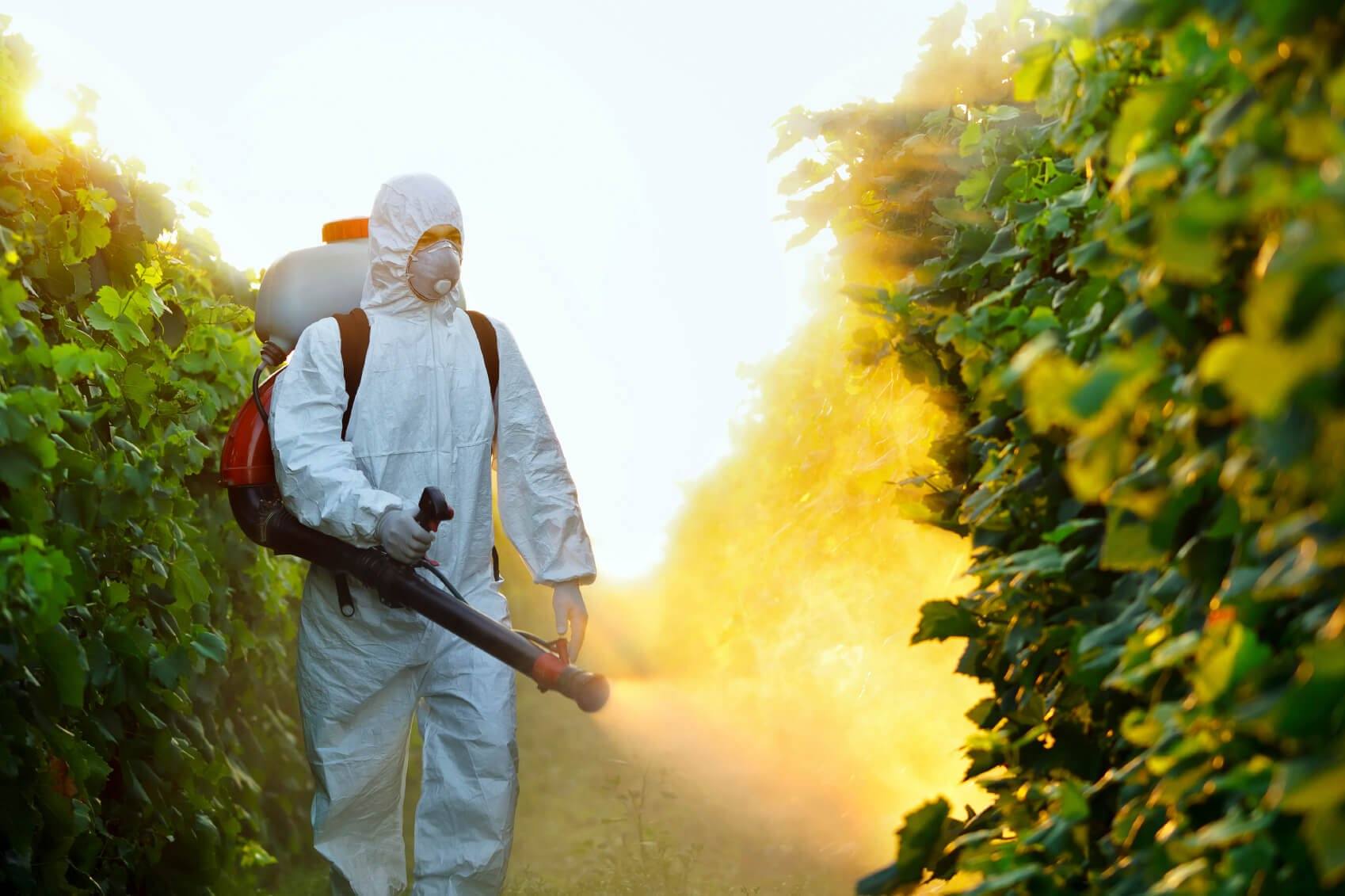(Natural Blaze By Aaron Kesel) Monsanto sued Arkansas regulators of the Plant Board last Friday for banning another one of its controversial herbicides, this time it’s the company’s Dicamba product, not Roundup, Associated Press reported.
Dicamba is an herbicide that selectively kills weeds. It is commonly used in combination with other herbicides, such as glyphosate, and according to the National Pesticide Information Center is currently found in about 1,100 herbicide products. The chemical mimics natural plant hormones which cause unnatural growth and eventually death.
Dicamba is sold under a diversity of names including Banvel, Diablo, Oracle, and Vanquish, and is found in products used for both agricultural and home landscape purposes.
Must Read: Detox Cheap and Easy Without Fasting – Recipes Included
Several farmers from different states say the weed killer has drifted onto their crops and caused widespread damage within the past few years this has caused a stir for debate on whether or not to use the product.
The 18-member board approved the restriction on Monsanto’s XtendiMax herbicide in November and adopted a wider temporary ban several months later that included other Dicamba weed killers in response to the farmers’ complaints. Last month, they further rejected a petition to by Monsanto to allow its herbicide to be used.
Related: Understanding and Detoxifying Genetically Modified Foods
Monsanto’s lawsuit accuses the Arkansas board of acting outside its authority in prohibiting its herbicide’s use and failing to consider research Monsanto had submitted to federal regulators. The suit also asks the judge to prevent the board from requiring it to submit research by University of Arkansas researchers in order to gain approval for herbicides in the state.
“The Plant Board’s arbitrary approach also has deprived, and if left unchecked will continue to deprive, Arkansas farmers of the best weed management tools available – tools that are available to farmers in every other soybean- and cotton-producing state in the nation,” Monsanto said in a lawsuit filed in Pulaski County Circuit Court.
The board’s regulations prohibit the use of Dicamba from April 16 through Oct. 31, 2018. The agriculture community is holding a public hearing on the new restrictions next month before the plan goes to lawmakers to be finalized as law.
Recommended: How to Detoxify and Heal the Lymphatic System
Dicamba is considered more toxic than glyphosate, but less toxic than 2,4-D, the third most common broadleaf herbicide. (Monsanto is working on crops that are resistant to 2,4-D, as well.) Yet when used properly, Dicamba is considered only mildly toxic to people, pollinators, wildlife, and aquatic organisms. There is no scientific consensus on whether it has cancer-causing properties, though the EPA says “Dicamba is not likely to be a human carcinogen.”
